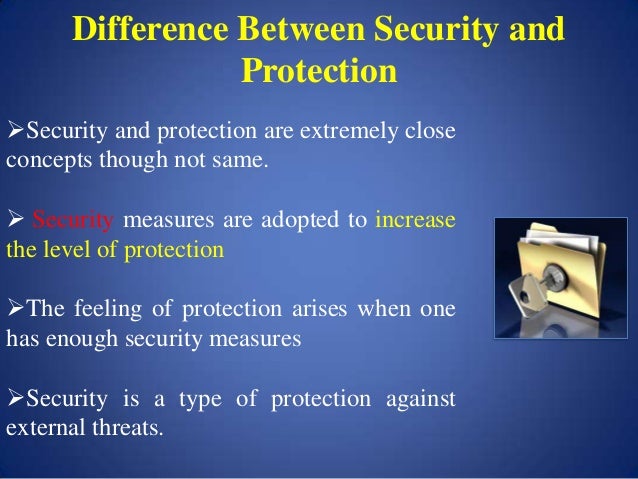
Difference Between Hacking And Ethical Hacking Ppt Presentation
Ethical Hacking vs. Vector undangan pernikahan cdr file. Penetration Testing • • • • • • • • • • • • • • • • • • • • History of Ethical Hacking It all began in the 1960s at MIT when the notion “hacker” was coined to mean someone dedicated to solving technical problems in machines in a different, more creative fashion than what is set out in a manual.
Back then the people practicing “hacking” just intended to find out a quick way to evaluate and improve problematic systems that need to be optimized. The term migrated to computers in the 1970s, and according to one famous definition from that period, a hacker was “a person who enjoys exploring the details of programmable systems and how to stretch their capabilities, as opposed to most users, who prefer to learn only the minimum necessary (the (RFC) 1392, the Internet Users’).” Chronologists can trace the roots of ethical hacking back to 1960s and 1970s when the U.S. Government hired groups of security experts known as ‘red teams’ whose job was to hack into the government own computer systems.
Around the early 1980s, the ethics of hacking were solidified: “It was never about attacks and never about monetary gain. The underlying principle was to understand the system and make some kind of logic out of the chaos,” Mark Abene, one of those 80s hackers. In the late 80s and early 90s, the term was very popular, but it acquired a negative connotation synonymous with “digital trespasser.” In this respect, here you can read an published in the Times in 1990: Computer hackers often sell the stolen codes to other students for a few dollars. Poulsen, who is charged with the most crimes, has a history as a “hacker,” who began trespassing in university and government computers as a teenager using the assumed name Dark Dante, according to a profile in California magazine in 1984. Furthermore, Kevin Mitnick was a famous hacker arrested and tried during the 1990s. As it seems, however, the purpose of the ethical hacking from its very beginning is to right the wrong in security systems created to protect the functionality of other systems and the integrity of data within the systems under attack. In 1998, a Boston-based hacker group called discovered a way to shut down the Internet, and its leaders got in touch with the Committee on Governmental Affairs to give “advice rather than being accused of causing trouble.” From that moment on hackers were no longer regarded as naughty kids, they were considered something like security guardians.

Ethical hacking - Benefits of Ethical Hacking lecture 4 in hindi urdu. HACKERS’ ATTITUDE Submitted By: Rakhi Sinha Roshni Wadhwani Surbhi Singh CONTENTS What is hacking? Timeline of hacking Types of hacking The Threats Some.
Ever since its inception until today, ethical hacking has become an inseparable part of the cyber security market and is in a process of rapid development all the time. The majority of all large companies nowadays, especially those having valuable information assets such as IBM, employ own corporate teams of ethical hackers or use security firms that offer ethical hacking as a service. Types of Hackers The concept of persons wearing white and black hats by the nature of their intentions – either good or evil – originates from the Western genre of movies. For example, the white-black dichotomy is clearly visible in Sergio Leone’s Once Upon a Time in the West where the good guy, Charles Bronson, is wearing a white hat and the villain, Henry Fonda, has a preference for darker colors. An individual who is hired by an organization to provide ethical hacking or penetration testing as a service is referred to as a “white hat” hacker. Such hackers gain access to a computer system that does not belong to them, but they do so only after they have obtained the owner’s permission.
Once a white hat hacker takes advantage of system vulnerabilities that allow him to conduct a cyber attack, he is ethically (and often contractually) obliged to reveal these vulnerabilities directly and solely to the owner. Also, it is against a white hat hacker’s professional ethics to misuse information he knows, for instance, to keep the existence of a vulnerability in his employer’s system secret so that he can use it for his own personal gain later on.
Cnatraining To check for road test cancellations or relocations due to. 15> provalit' (kogo-l. Na ekzamene) _Ex: they failed two candidates oni provalili dvuh kandidatov 16> _razg. Zavalit', zasypat' (kakoi-l. Predmet na ekzamene) _Ex: he failed chemistry on provalilsya po himii _Ex: she failed her driving test ona ne sdala ekzamen po vozhdeniyu. Belmapo sdacha na kategoriyu testi.
A black hat hacker is likely to do such thing. To summarize, organizations hire white hat hackers, who are also known as ethical hackers, to hack into their corporate information system, using penetration testing techniques, to remediate security omissions and improve the overall cyber security defenses. White hat hackers may resort to social engineering to test a company’s cybersecurity because this is a common technique used by black hat hackers in the real world.